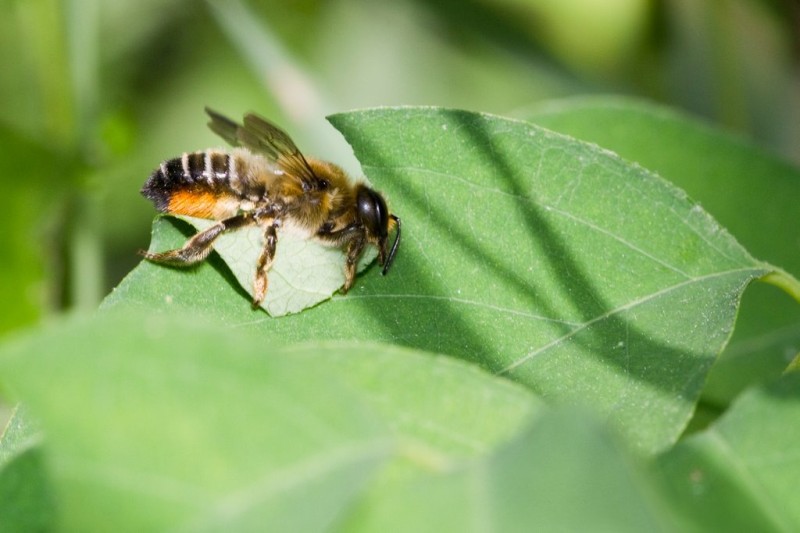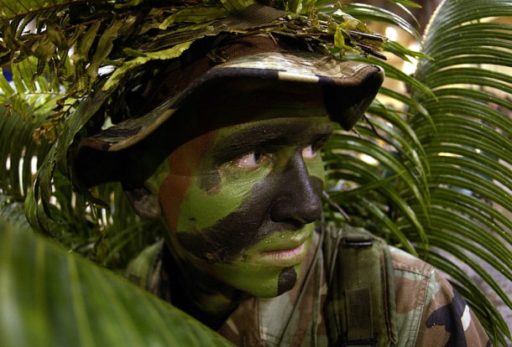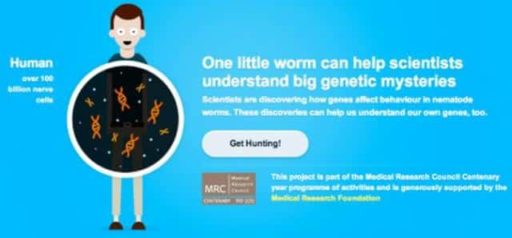Plastic is generally considered adverse to the environment. However, scientists have now found out that bees in urban areas have started using plastic to make their hives more secure and shield them from parasites.
This is a fairly astonishing discovery and shows that in some rare cases, other species in the ecosystem can successfully put plastic to a better use than we humans do. According to researchers at University of Guelph, specific types of urban bees have been using plastic to build and secure their hives.
One bee specie that uses the plastic is Megachile campanulae. This specie normally uses plant resins to build its nests but a recent research revealed that the boxes in the bees’ hive contained a grey goo. According to the lead author of the research, Scott Maclvor, his team was initially confused as to what this good could be.
Then a detailed examination of the grey goo under an electron microscope revealed that it contained polymer structures and was, therefore, plastic. Interestingly enough, the use of plastic seems to be more beneficial to the bee since it can mitigate the possible growth of parasites.
Another species deploying a similar way of using plastic is Megachile rotundata. This specie uses a quarter of a leaf to create each cell within the hive. In the case studied by the Guelph University researchers, the bee specie used plastic in place of the leaves. What is very intriguing is that the bees chewed plastic differently from the way they chew the leaves.
According to Professor Andrew Moore, who was a part of the study, “The plastic materials had been gathered by the bees, and then worked – chewed up and spat out like gum – to form something new that they could use.” These findings go on to show that while humans may yet be unaware of recycling plastic into more useful substances, other species in our ecosystem are doing it.”
Courtesy: Daily Mail
[ttjad keyword=”atnt-contract-phone”]



